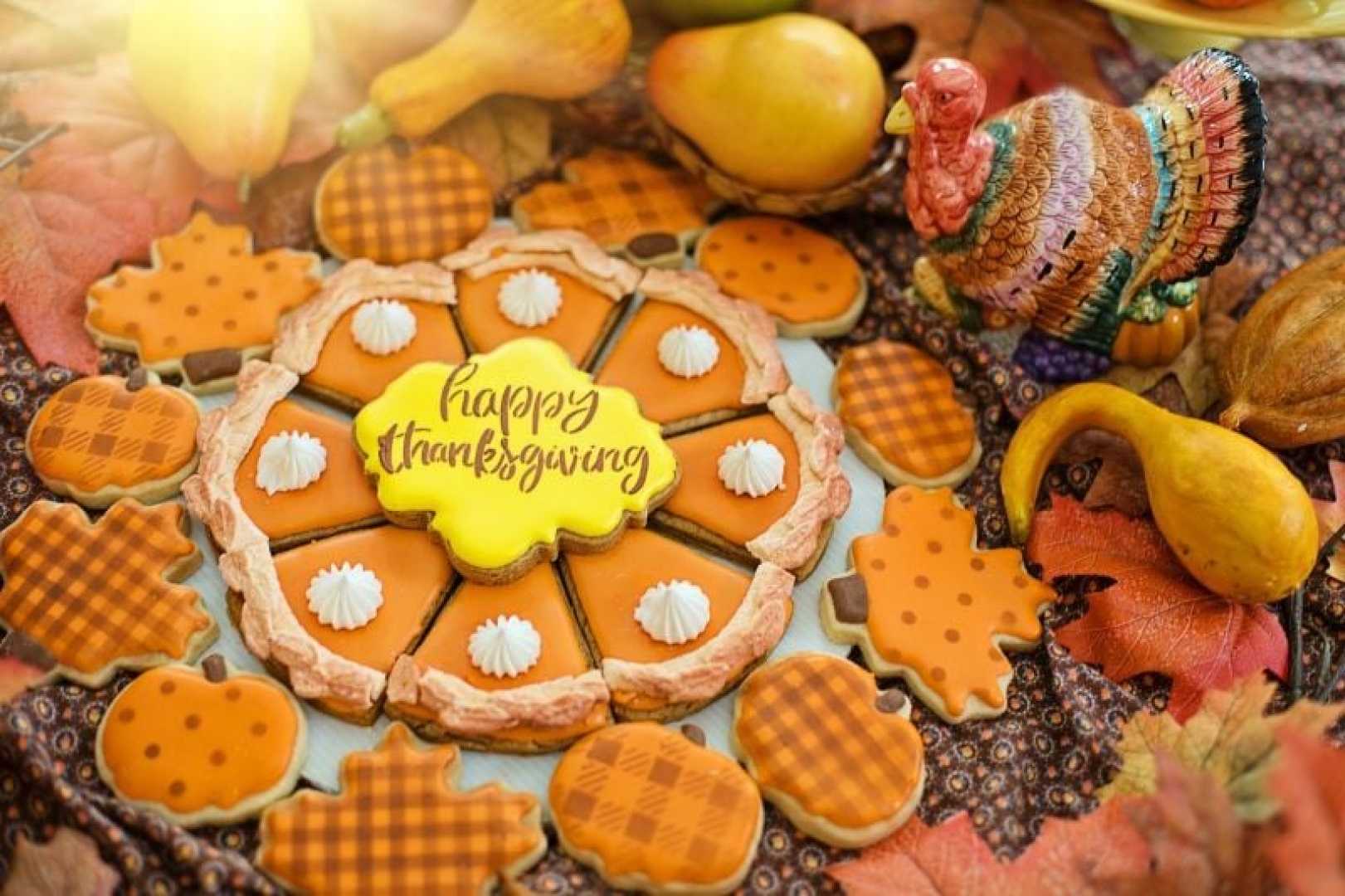News
Canadian Thanksgiving: A Unique Celebration of Gratitude and Harvest

Canadian Thanksgiving, observed on the second Monday of October, has distinct differences from its American counterpart, which is celebrated on the fourth Thursday of November. The Canadian holiday aligns with the country’s harvest season, providing an opportunity for Canadians to give thanks for the year’s blessings.
The historical roots of Canadian Thanksgiving are tied to earlier European harvest festivals and the gratitude shown by settlers. In 1879, Governor General Lord Stanley declared Thanksgiving a national holiday in Canada. This tradition is also linked to the early interactions between French colonists and the Indigenous Mi’kmaq people in what is now Nova Scotia. The Mi’kmaq helped the French survive their first harsh winter, and this mutual aid is commemorated in events like the Harvesters’ Gathering, which reflects a spirit of gratitude and community.
The traditional meal in Canada is similar to that in the United States, featuring dishes such as turkey, stuffing, mashed potatoes, and pumpkin pie. However, Canadian pumpkin pie is often sweeter, and the stuffing may include breadcrumbs. Associated activities include church services and community gatherings, which differ from the football games and parades common in the United States.
Canadian Thanksgiving holds significant cultural importance, reflecting on the country’s history and culture rather than being wrapped in a colonial narrative. Unlike in the U.S., where Thanksgiving is often seen as the start of the festive season leading to Christmas and New Year, Canadian Thanksgiving is a separate occasion, with the festive season beginning in December.
The Mi’kmaq and other Indigenous communities in Canada also celebrate their own harvest festivals, such as the Harvesters’ Gathering, which is based on the values of Tpi’tnewey—generously giving away what they have hunted, gathered, or made to honor the intention of doing good things for others. These celebrations emphasize gratitude to the land, mother earth, and the harvesters.












